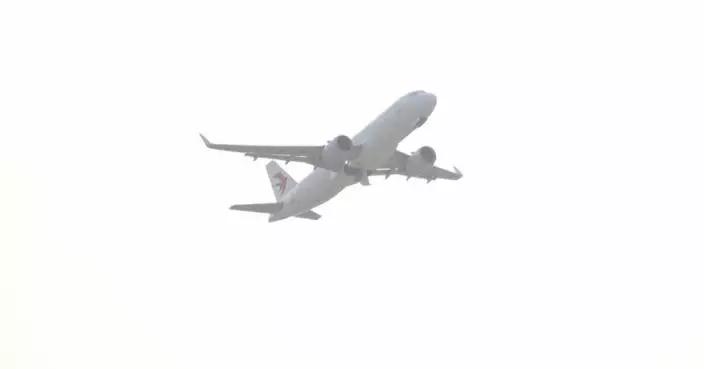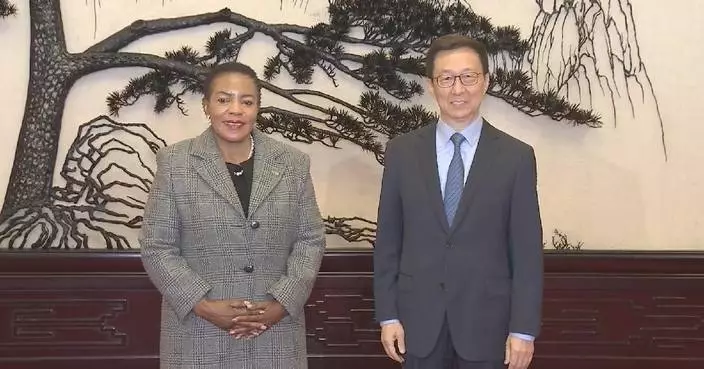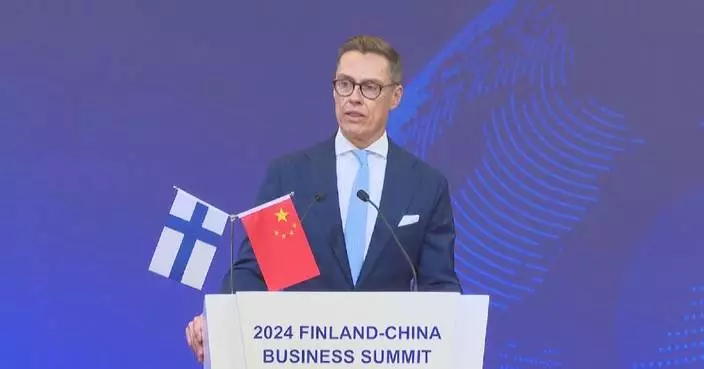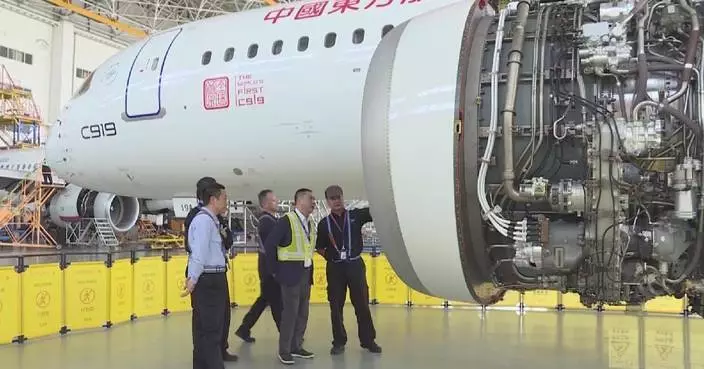The European Union's decision to impose higher tariffs on electric vehicles (EVs) from China is harmful to the European economy, according to Hungarian Minister of Foreign Affairs and Trade Peter Szijjarto.
The European Commission on Tuesday announced the imposition of anti-subsidy tariffs on Chinese-made EVs.
Starting Wednesday, these tariffs will remain in place for five years, with rates varying by company: 17 percent for BYD, 18.8 percent for Geely, and 35.3 percent for SAIC, among China’s leading automakers.
Other firms that cooperated in the investigation will be subject to a 20.7 percent duty, while non-cooperative companies will incur the maximum rate of 35.3 percent, according to the Commission’s statement.
Speaking with China Global Television Network on the sidelines of the Second Minsk International Conference on Eurasian Security in Belarus on Thursday, Szijjarto expressed concerns about the EU's move, saying it will weaken the bloc's competitiveness.
"We are a country where the German and the Chinese investors in the electrical motor industries are present and they go together very closely. So for us it’s obvious that the success of their strategies is absolutely interlinked. These kind of extra customs are very harmful for the European economy itself. The European Commission has referred to the interest of the European automotive industry, but the representatives of the European automotive industry are against these extra tariffs, so we really see these measures as very harmful and very dangerous for the competitiveness of the European Union," he said.
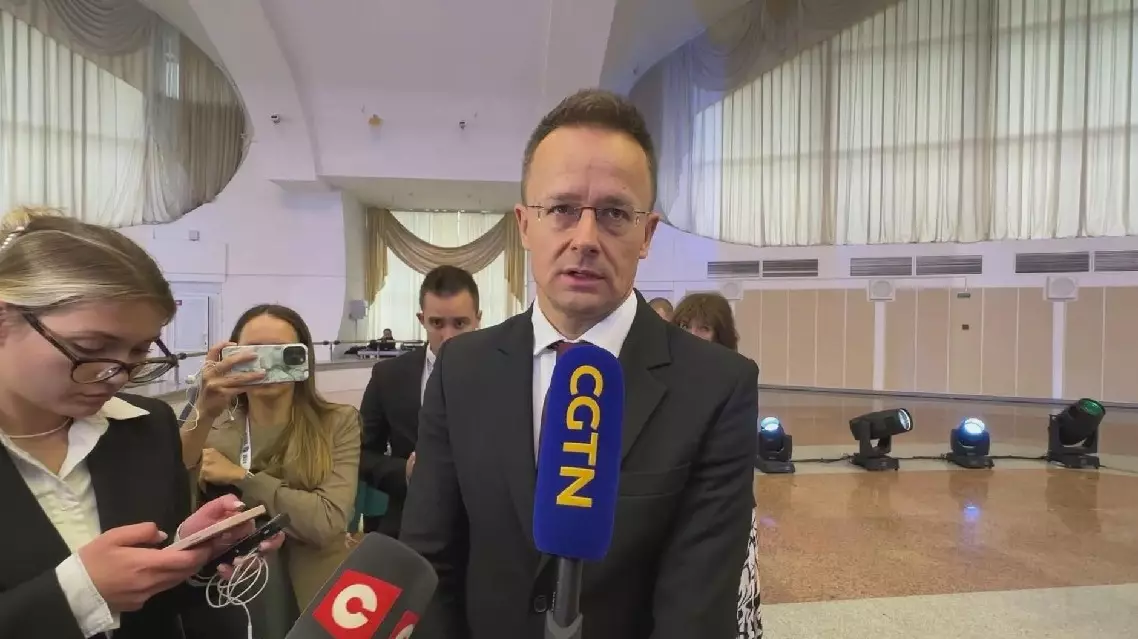
EU tariffs on Chinese EVs will harm its own economy: Hungarian FM
Preparations are nearly complete for the seventh China International Import Expo (CIIE), set for November 5-10 in Shanghai, the Ministry of Commerce said on Thursday.
Ministry spokesperson He Yadong said at a press conference that exhibits from over 2,700 participating companies have entered the exhibition halls, while those from more than 700 companies are still in transit and will arrive by Nov. 2.
To improve the experience for attendees, this year's CIIE has established 172 functional areas in 26 categories and added 1,523 temporary signs throughout the venue. The expo has also streamlined its registration and approval processes with a digital system.
"We are enhancing payment convenience by ensuring adequate small-denomination cash reserves, while expanding bank card transaction acceptance to include both domestic and international cards for the first time. Additionally, the expo will feature a 5,000-square-meter catering zone and offer food delivery services to all booths," said He.
The expo will also share comprehensive travel and service information via its official WeChat account, and upgrades have been made to the event's Hongqiao forum information system and the venue's navigation systems to enhance the attendee experience.
The seventh CIIE has attracted participants from 152 countries, regions and international organizations, and achieved a new record with 297 Fortune Global 500 companies and industry leaders set to attend.
Since its first edition in 2018, the expo has become an important showcase, spotlighting China's new development paradigm, a platform for high-standard opening up, and an opportunity for the whole world.
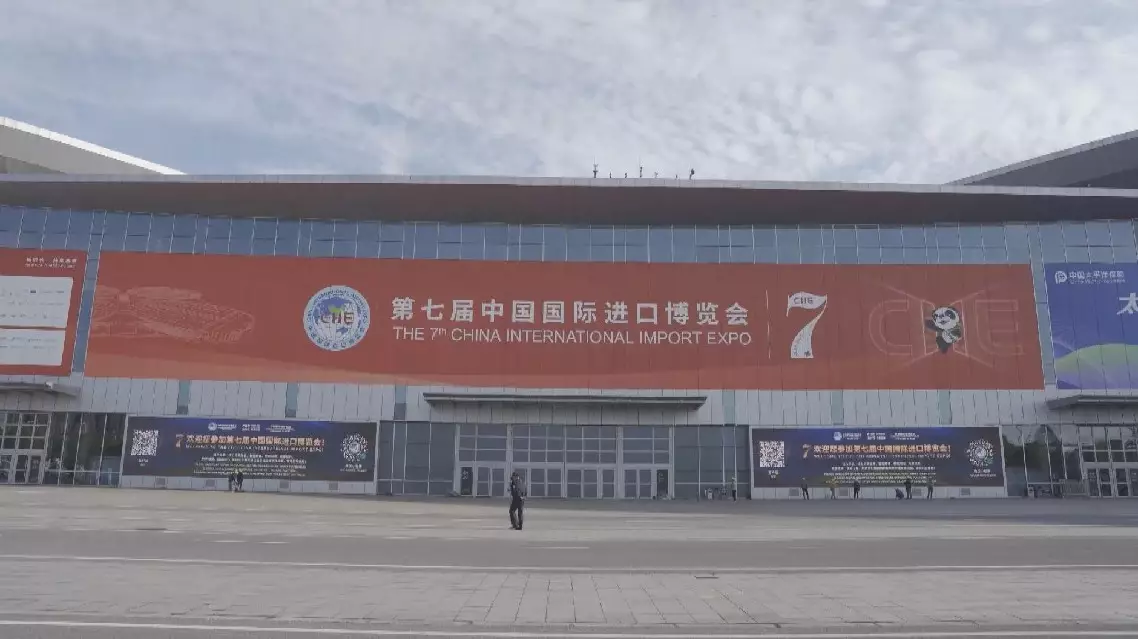
Preparation work for CIIE nears completion: ministry





